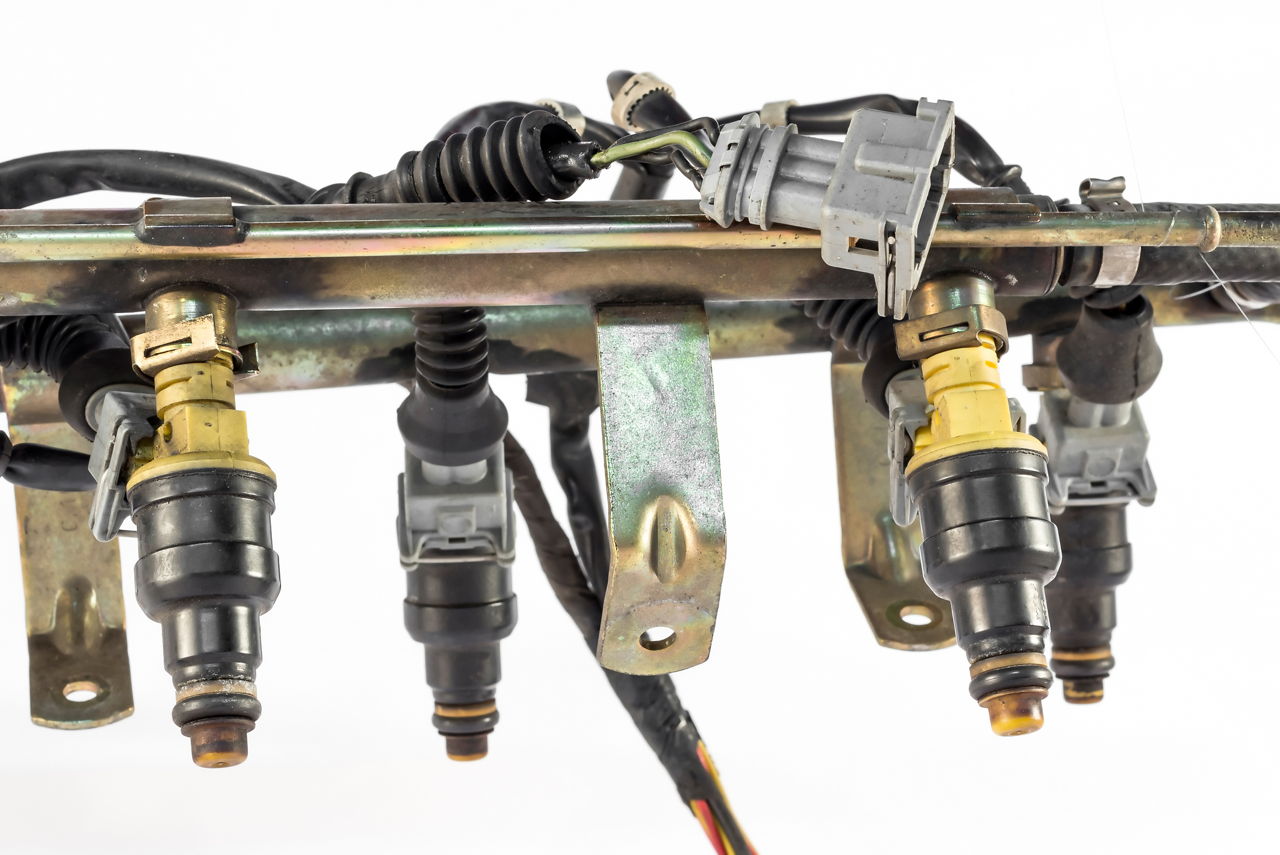
Fuel injector cleaning services can be found at every corner of the street. But do they really work? Find out in this WheelZine article.
The technology for fuel injectors was devised way back in the 1980s. Today, they have largely replaced the traditional carburetors. They are used to provide a steady fuel supply to the combustion chamber of the engine. The rate of flow is controlled by a computer program. They also filter debris from fuel, and ensure only clean fuel flows in the chamber. This can help to alleviate many engine problems.
Clean injectors boost the performance of engine and give you the best mileage. They are often checked for clogging when you experience problems such as degraded engine performance, idling, low mileage, or poisonous emission. A cleaner can be used to clean them. Let us know all about various types of cleaning systems, their efficiency, etc.
Types
The most commonly used fuel injector cleaners come in the form of additives, which are to be mixed with the fuel. These additives contain chemicals which clean the injectors by removing the carbon deposits on them. Carbon deposits are a result of a process called coking. When you turn the engine off, the coolant system stops circulating coolant, which causes the temperature to rise. As a result, the fuel at the tip of the injector evaporates, leaving behind a sooty carbon material. The deposition of carbon material leads to clogging. The clogged injectors can also be cleaned using cleaning kits. These kits include a pressurized solvent can and attachments to connect it to a fuel injector.
The process of cleaning using this kit is relatively simple. All you have to do is turn off your engine, and remove the fuel lines from the pump. Next, attach the solvent can and tubing to the fuel injectors. Turn the engine on, and run the car until all the solvent in the can gets exhausted. Take the car for a test ride, and check the performance of the engine. If there is no noticeable change, repeat the process again. So, how does it work? The pressurized solvent flows through the injectors to clean the clogged carbon material. The chemicals in the solvent dissolve the carbon, thereby cleaning the injectors. The best fuel system cleaner, however, is available with the professional car mechanics. They take the injectors out of the car for cleaning, using ultrasonic technology.
Does it Work?
The efficiency of a fuel injector cleaner is mainly dependent upon the particular type of cleaner. ‘In tank’ cleaners are often in their diluted form, since they are meant for regular usage. Strong chemicals are likely to erode the injectors, and hence, cannot be used for a prolonged time. The diluted chemicals in additives do nothing to clean the clogged injectors. They are generally used as a preventive measure, and for cleaning only light build up.
Cleaning kits can effectively clean the clogged injectors. However, they are not recommended for frequent usage. The chemicals in the solvent can do more harm than good. One must not clean fuel injectors more than three times in the car’s life. If the problems still persist, you might have to replace it altogether. Additives and cleaning kits do not help in monitoring the performance of injectors. The spraying mechanism, and the rate of flow of fuel can only be monitored during off-car injector cleaning.
If you use good quality fuel and take periodic maintenance activities, then you might not have to clean fuel injectors during the whole lifetime of your car.